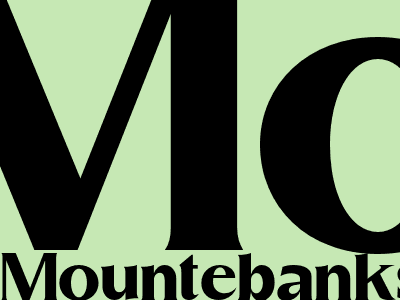Mountebanks, Charlatans, and Quacks: A History of Hoaxes in Medicine
The Snake Oil Salesmen of Yesteryear
In the annals of medical history, there have always been those who have sought to exploit the gullibility of the public. From the snake oil salesmen of the Wild West to the purveyors of miracle cures in the modern era, charlatans and quacks have preyed on the hopes and fears of the sick and vulnerable.
The Power of Suggestion
One of the most effective weapons in the arsenal of these medical mountebanks is the power of suggestion. By convincing their victims that they are suffering from some dread disease or that their only hope of recovery lies in their чудодейственное средство, they can often induce real physical symptoms in their victims.
In some cases, these symptoms may be so severe that they can even lead to death. In 1844, for example, a quack named Dr. Elisha Perkins sold thousands of "metallic tractors" that he claimed could cure a wide range of diseases.
These tractors were nothing more than two pieces of metal, but Perkins convinced his victims that they could draw out toxins from the body. In some cases, patients who used these tractors experienced such severe pain that they died.
The Rise of Modern Quackery
While the snake oil salesmen of the past have largely disappeared, quackery is still alive and well in the modern world. Today's charlatans are more likely to peddle their wares through the internet or through infomercials than through traveling medicine shows.
However, their methods are just as deceptive as those of their predecessors. They often use scientific-sounding jargon to make their claims seem more credible, and they often target vulnerable people who are desperate for a cure for their ailments.
The Dangers of Quackery
Quackery can be dangerous for a number of reasons. First, it can delay or prevent people from getting the real medical care they need. Second, it can lead to people spending large sums of money on useless treatments.
And third, it can damage the public's trust in the medical profession. If people believe that all doctors are quacks, they may be less likely to seek medical care when they need it, which can have serious consequences for their health.
How to Spot a Quack
There are a number of red flags that can help you spot a quack. First, be wary of any health claims that seem too good to be true. Second, be suspicious of any practitioner who uses scientific-sounding jargon that you don't understand.
Third, be aware of any practitioner who targets vulnerable people who are desperate for a cure for their ailments. And finally, be sure to get a second opinion from a reputable medical professional before starting any new treatment.
Conclusion
Quackery is a serious problem that can have devastating consequences for the health of the public. By being aware of the red flags of quackery, you can protect yourself from being taken advantage of by these unscrupulous individuals.

تعليقات